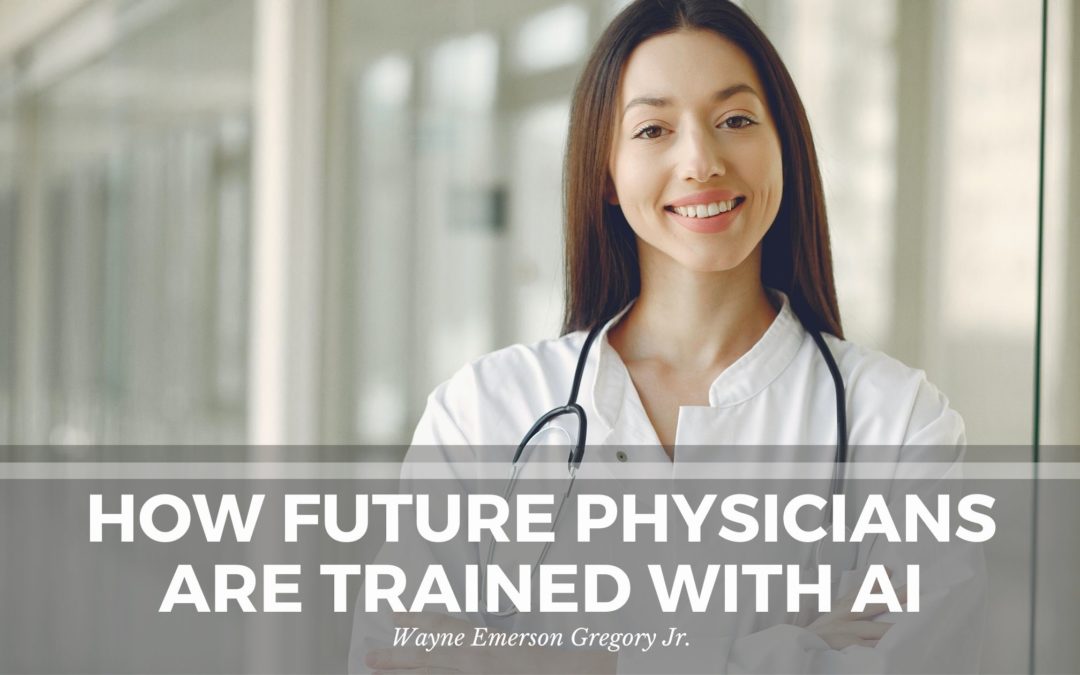Every day new technology makes it easier for professionals around the world. The medical world has been dramatically improved thanks to technology, including the ways doctors and other medical professionals receive training. Future physicians are trained in these three areas using artificial intelligence.
Diagnosis
Doctors must diagnose cancer and other diseases in patients. They must get it right. Patients will not get the care that they need if they receive an inaccurate diagnosis. They will receive the wrong medicine and develop further complications as the disease takes over their bodies. Therefore, doctors must be careful during the diagnostic process.
Artificial intelligence can help train doctors in this area. Computers can process cancer screenings of thousands of patients. They can look for common patterns. Computers can then point out any areas of concern for doctors to see. The doctors can confirm whether these spots are malicious and arrive at a final diagnosis. They will get better at identifying diseases by practicing every day.
Medicine development
Creating prescription drugs is a complex process. Healthcare professionals must work with delicate chemical compounds. They need to run experiments to determine the effects of each chemical. This can take a long time, especially if everyone is working manually. Artificial intelligence can speed up the drug creation process. They can run multiple experiments at once. They are also smart enough to know if an experiment has been successful. They can log the results of the experiments for everyone to see. All of this will help doctors save more lives.
Patient monitoring
Doctors in hospitals are busy. They constantly need to run back and forth. Things can get hectic, especially if there are a lot of people in the emergency room. Doctors do not have time to monitor every patient in the hospital. Artificial intelligence can do this job for them. Computers can monitor metrics, such as heart rate and blood pressure level. They will immediately notify doctors if a patient’s condition changes. They can also help doctors change the care that a patient is receiving.
For example, a doctor can remotely decide to increase a patient’s oxygen supply. Artificial intelligence can then implement this decision. Medical school students learn how to use artificial intelligence software. They need to know what the computer is trying to tell them.
Overall, artificial intelligence helps future physicians develop the skills necessary for a lifelong career in healthcare.
